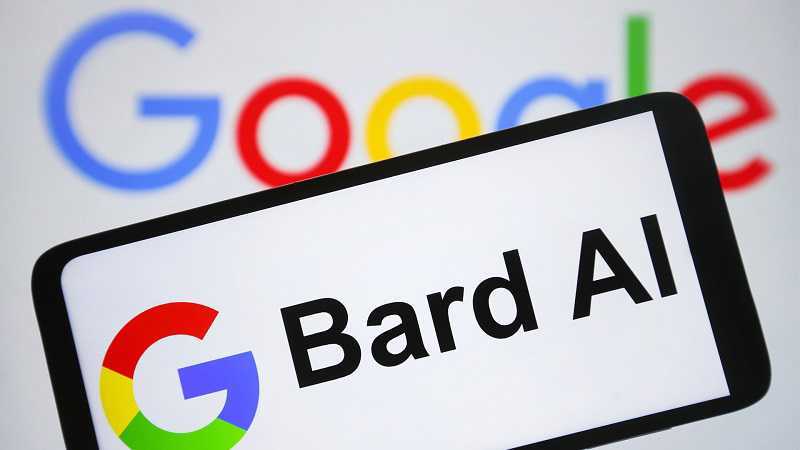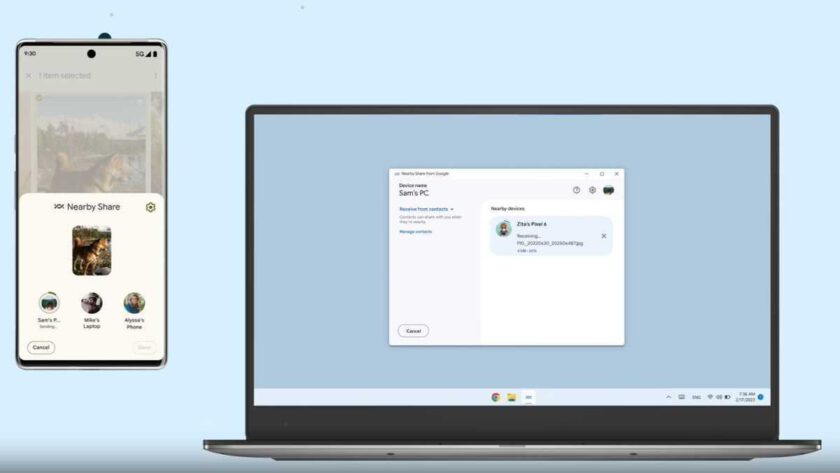Google is expanding Bard, its conversational AI service, to 40 new languages including Swahili. Swahili becomes the first African language to be included, pushing Bard’s reach to 59 new countries across territories.
The expansion includes new features that allow users to better customize their experience, and boost their creativity.
With this expansion, Bard is now available in most parts of the world, including countries in the European Union (EU), and in the most widely spoken languages, such as Swahili, Chinese, German, Spanish, Arabic, and Hindi. Bard now allows users to access it in their preferred language, and it enables text-to-speech in eight languages.
Dorothy Ooko, Head of Communications and Public Affairs, SSA, Google, expressed excitement about Bard’s global availability, seeing it as a great tool for democratizing knowledge. She said, “That’s why we created Bard: to help you explore your curiosity, expand your imagination, and ultimately bring your ideas to life not just by answering your questions, but by helping you build upon them.”
Google has introduced four additional features to help users be more productive. Users can now pin and rename their conversations with Bard, making it easier to revisit important discussions or ideas later.
The export code to more places feature allows users to export Python code to Replit, in addition to Google Colab, facilitating code sharing and collaboration. Users can share Bard’s responses with friends using shareable links, enhancing collaboration and feedback on projects. Lastly, users can now upload images with prompts to Bard, adding another dimension to their interactions.
Google noted that Bard seeks to combine the breadth of the world’s knowledge with the power, intelligence and creativity of the company’s large language models.
“As an experimental technology, Bard may occasionally make inaccurate statements in response to user prompts. So if a response from Bard is inaccurate or unsafe, if one experiences an issue, or just wants to provide feedback, there’s an easy way to do that,” Google said.




